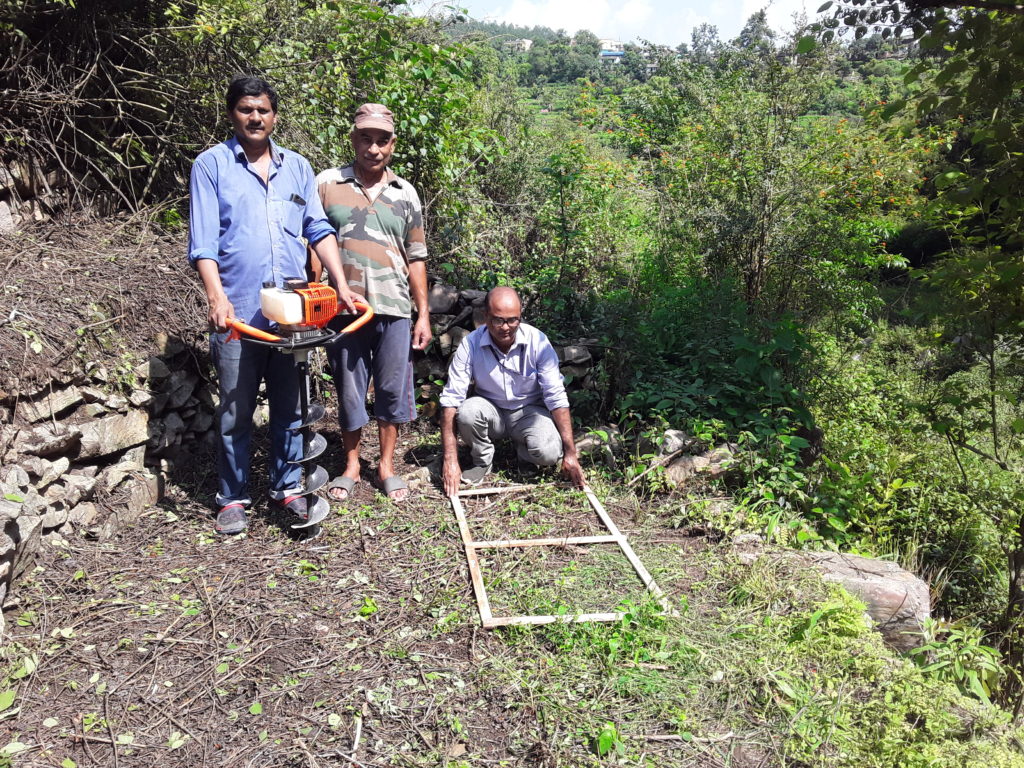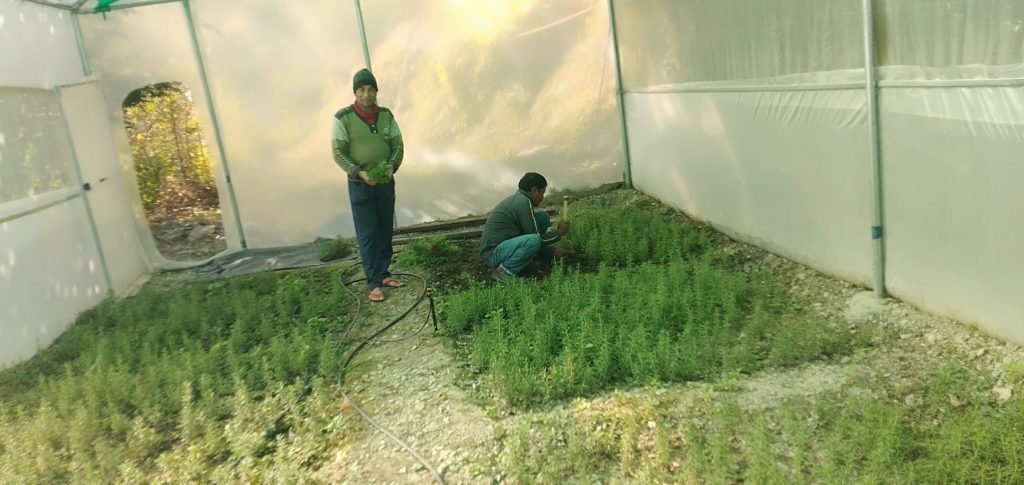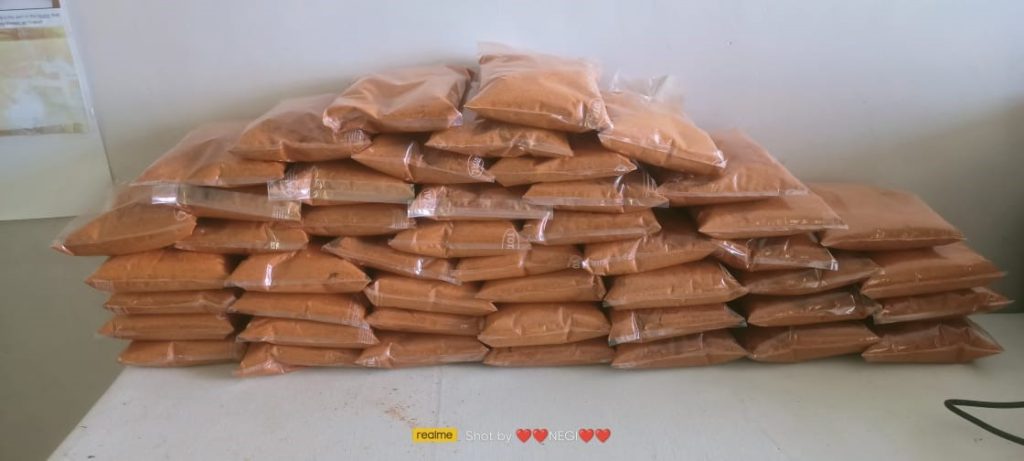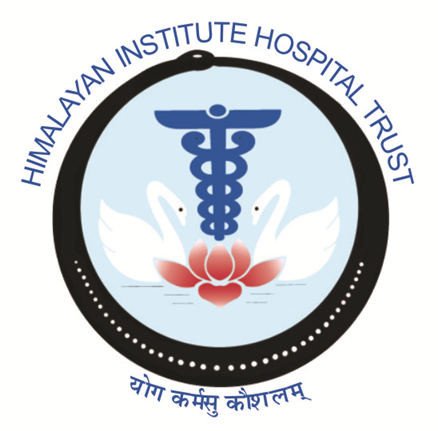In 2019, the Comprehensive Community Development Program (CCDP) was launched in Jaiharikhal block of Pauri district in Uttarakhand. The primary objective of the program was to increase the income and improve the quality of life of the selected local communities. The main focus of this program has been on individual farmers who have already started farming or who have the enthusiasm to start farming as a profession. A total of more than 100 farmers from 35 villages have been selected and supported in their existing agriculture practices or crops.

The district of Pauri has been chosen for this program due to its high rate of migration over the past decade, which has had a negative growth rate of 1.51. The main causes of migration are lack of employment, water shortage, inadequate health and educational facilities, limited transportation infrastructure, and fear of wildlife. People are not interested in pursuing a career in agriculture due to the backbreaking nature of the work and the lack of a suitable market for produce and low returns. As a result, farming is left to the elderly, while the younger generation migrates to the cities to get soft-skill jobs.

The project provided an opportunity to promote the use of fallow land as an alternative to cultivation. It encouraged the cultivation of cash crops, such as Lemon Grass, Rosemary, Black Cardamom, Ginger, Turmeric, Garlic, and Chilli, which provided marketing support to households and increased their income. These crops are suitable for cultivation in unirrigated areas and are not subject to damage from wild animals. Additionally, the process unit developed grading, processing, and packaging for local products, and connected them to major sustainable markets. New technology and practices were implemented to address the lack of human resources. Furthermore, the project instilled a belief in the community that agriculture could be a viable option for young people in their native village.

During the 2019-23 period, an estimated 285 tons of raw lemongrass were acquired from 90 farmers, processed through a distillation unit, and 390 liters of oil were extracted. Additionally, 250 kilograms of fresh stock of rosemary were collected and processed, with 480 kilograms of turmeric power being obtained from 28 farmers in the working area. 85 kilograms of fresh red chilly were received from 15 families and were sold in the market following processing. 190 kilograms of black cardamom were produced and sold, while a polyhouse measuring 100 square meters was established to house chilly, cauliflower, and other plantation items. Additionally, over 500 kilograms of ginger were produced in the polyhouse. 10 lemon orchards were established, with each farmer receiving over 200 plants. All farmers involved in the program were pleased to be able to sell raw products at their doorstep.

The project has generated enthusiasm among farmers, and its success may be extended to a larger scale in the next five to ten years. The unique feature of the project is its buyback model, which has enabled farmers to receive an average of Rs. 10000 to 15000 for their raw crops in the past four years. Additionally, the project has promoted the use of new technology, such as mini tractors, digging machines, grass-cutting machines, distillation systems, and process mechanisms. A number of new farmers have expressed their interest in growing cash crops and expanding their orchards, demonstrating their commitment to the project.
